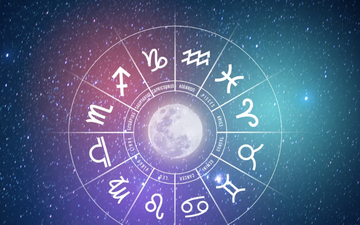
Sulli, the Korean star who died yesterday (Monday, October 14), was one of the few celebrities who spoke openly about legalizing abortion in South Korea, mental health disorders, and insisted that women and girls might not wear prescriptions in case you are not comfortable with them.
These statements made the 25-year-old subject to criticism. Within a short time, Sulli became a victim of cyberbullying - a form of bullshit that comes through online harassment and attacks.
Her death has sparked a heated debate in South Korea about how celebrities are treated, how they are commented in the media and how dangerous internet attacks are for their mental health.
The tragic event also had a profound impact on other artists at SM Entertainment, South Korea's largest company managing the most renowned artists. Sulli was managed by SM Entertainment. Groups like Super Junior, SuperM and f (x), the former 25-year-old band, announced they would cancel the show.
There are rumors that artists are not treated well by the company, which may have worsened its standing.
In an interview a few days ago, she talked about a dark side that few people know. She referred to this site with her real name, Choi Jin Ri. "Choi Jin Ri has a dark side, but the famous Sulli should always act as if he's happy. I always ask people for advice, as it seems like I'm lying, ?she said.
Being different from the rest and the fact that she spoke openly about issues, which are considered taboo in South Korea, turned the 25-year-old deceased subject to harsh, insulting and denigrating comments.
As for the cause of death, there is no official version, although it is suspected of suicide, due to dealing with bullism and mental health problems.
We add that in South Korea mental illnesses are considered taboo, even within the family. Over 90% of victims have been diagnosed with mental health disorders, but only 15% have agreed to be treated. More than 2 million people suffer from depression, but only about 15,000 choose to treat the problem.
Because mental illnesses are considered taboo, families often discourage young people or persons who face such disorders.
Recommended article: Why do so many artists in this state kill themselves?





